
Our Blog


Are You Ready for Winter?
Whether we like it or not, winter is coming. We may not get weather like the photo above, but we have already had some cold, frosty weather and there will be plenty more to come.
Winter Weather Preparedness Week is November 26 to December 2, 2023 in South Carolina, and December 3 to December 9, 2023 in North Carolina. Watch your local National Weather Service Facebook pages to see tips during this time.
What is so different about winter weather? For one thing, it always comes as a surprise to those of us in the south! We tend to think of it as something that “happens up north.” The reality is that we get our share of winter weather including snow, ice storms, and polar vortex extreme cold. Many of our homes are not well insulated against cold and we are just not used to it.
The South Carolina Emergency Management Division (SCEMD) has good tips on their website and a downloadable Severe Winter Weather preparedness guide which you can find here. Begin with things like carrying some warm clothes in your car along with a shovel and some rock salt. Winterize your home, check your generator, and brush up on safety tips. Many of the items from your basic emergency preparedness kit are still the staples, but heat sources are also important.
The North Carolina Emergency Management Division (DPS) Winter Weather page can be found here. Many of the preparedness tips are the same, but more warnings are included about using emergency power and heat sources. These create carbon monoxide which can kill without you even being aware of its presence. Read and follow the safety warnings!
Follow your local National Weather Service (NWS) on the radio, on Facebook, and other platforms for up-to-date weather information and preparations tips. Their website includes information on winter travel safety, dressing for cold weather, and signs of hypothermia here.
These resources will all help you stay warm and safe through the winter!
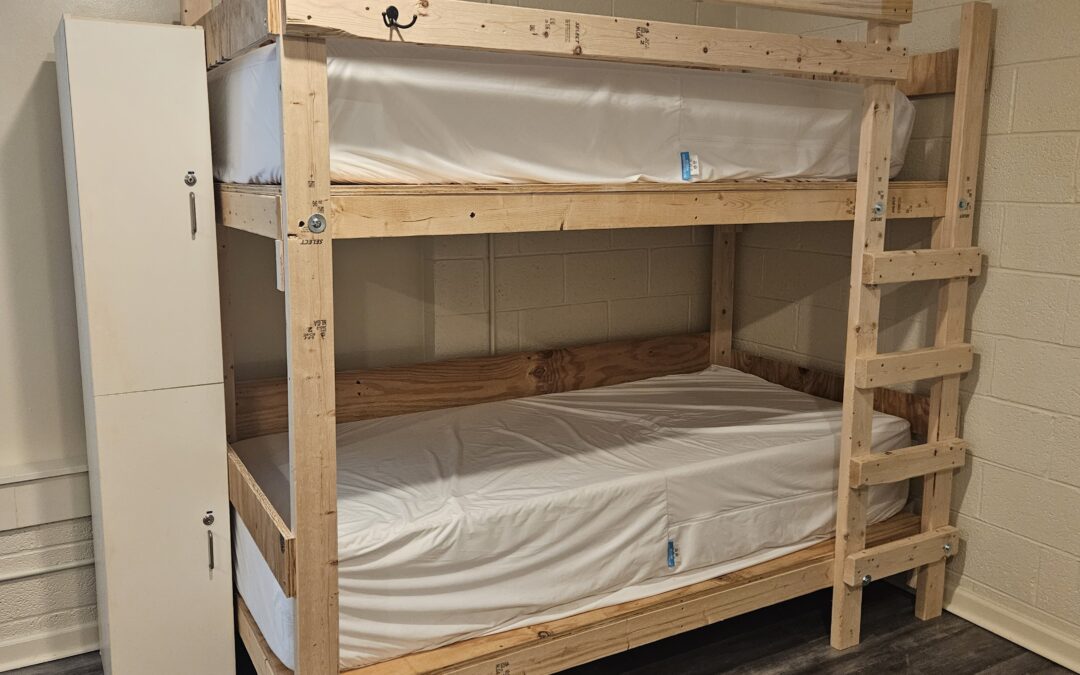
November News
We have recently attended events across North and South Carolina, including both synods’ fall convocations at Lutheridge and the first SC Ministry Toolbox event. Along with general information about Lutheran Disaster Response and LDR Carolinas, we were able to share information about these upcoming events:
Participate in a service trip to New Bern, NC early next year to work on the continuing recovery work in Craven County following Hurricane Florence. This work is funded by a grant from LDR to Lutheran Services Carolinas and coordinated by the Craven County Disaster Recovery Alliance (CCDRA). Housing is available at the Volunteer Village created by Neuse Forest Presbyterian Church. Adults of all ages with a variety of skill sets are welcomed!
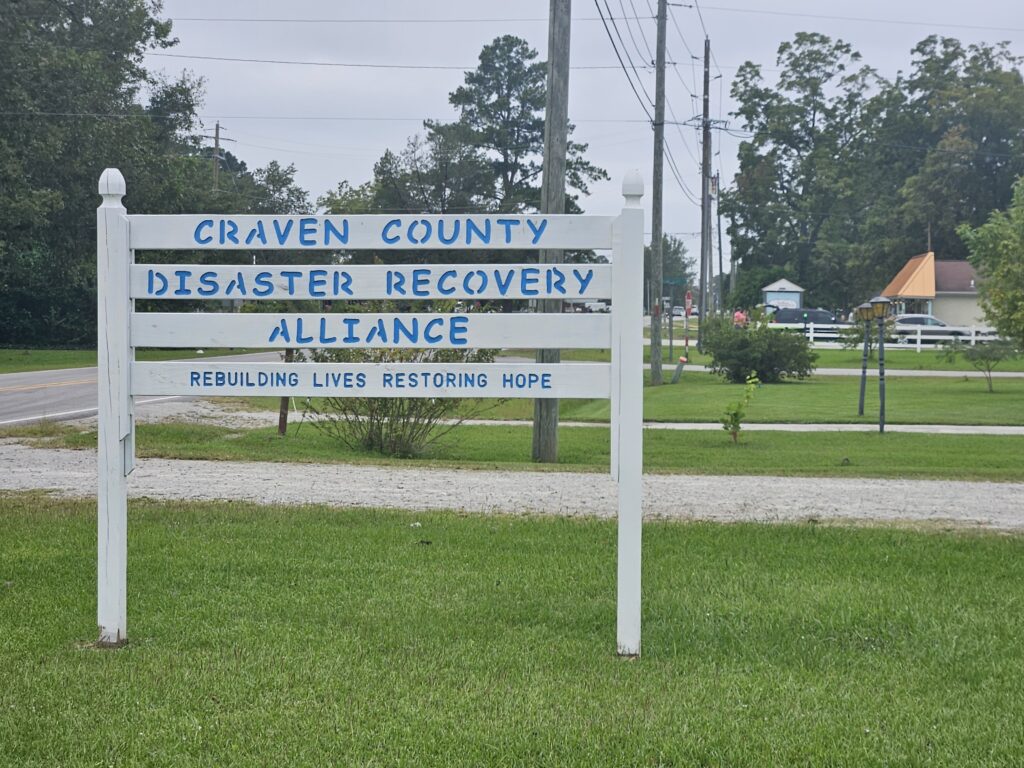
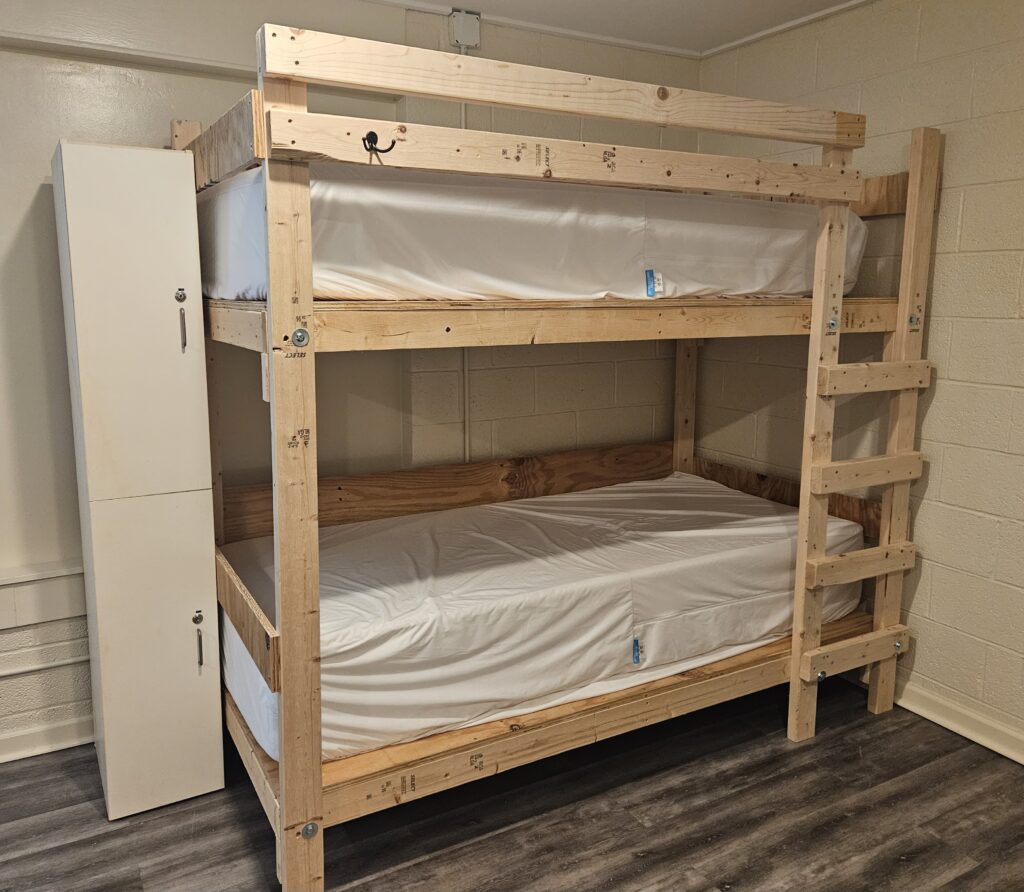
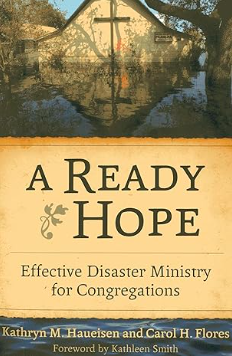
Join us for a discussion of the book A Ready Hope on Zoom Tuesday evenings beginning January 2. This book is a case study of a congregation in a community affected by a major disaster. The pastor and lay leaders implement and adapt their existing preparedness plan, partner with nearby congregations, plus volunteer and government agencies to serve their community.
This is an opportunity to consider how prepared you are, how a disaster could affect your community, and how your congregation could provide care to others. A free copy of the book will be available for each participating congregation. Click here to register.
Plan to attend our next network meeting on Zoom November 30 at 7:00 p.m. to learn more about these events! Contact ray@ldrcarolinas.org for the link or click here to register.
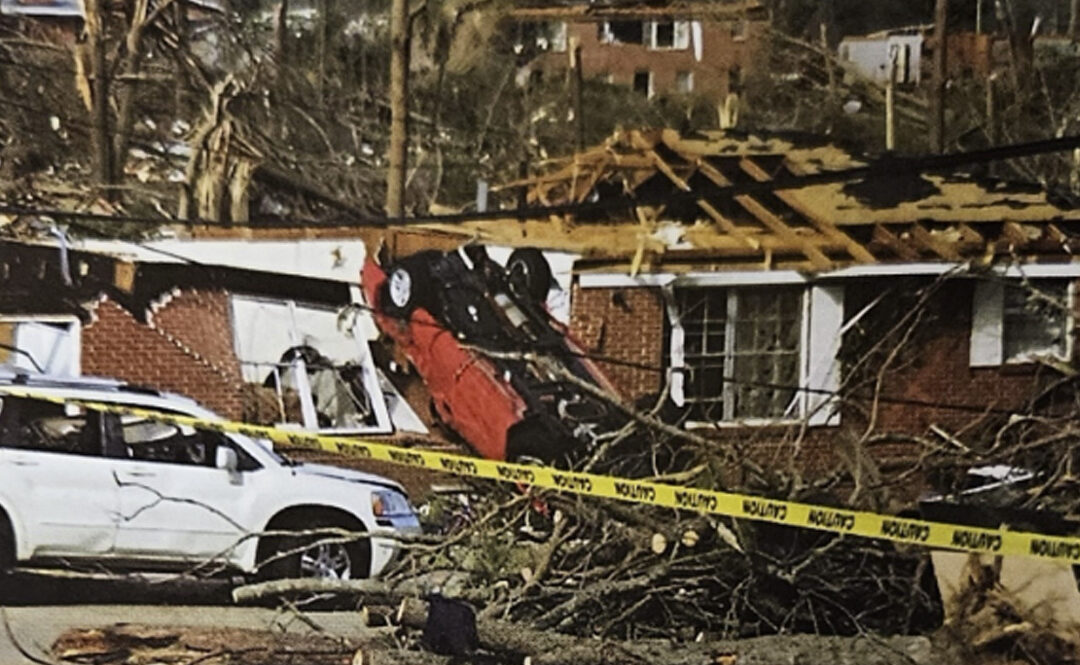
Be Prepared to Care
Be Prepared to Care While we may talk with more people at large events like synod assemblies or the upcoming fall leadership convocations, the most important conversations we have are probably the ones with small groups.
Those can be conference gatherings of rostered ministers where we can take time to explain what LDR Carolinas is and what we do. Even better are opportunities to talk with church members in congregational council meetings or adult Sunday school classes about the importance of preparedness.
A short article in the 2008 edition of the ELCA’s Stories of Faith in Action explains the importance of these conversations:
“When [an EF 4] tornado struck Enterprise, [Alabama] in March 2007, the members of Christ the King Lutheran Church were equipped to respond, bringing help and hope to the community.
Only 18 days before, two seminary students had come to this small city to give a presentation at Christ the King on behalf of Lutheran Disaster Response (LDR). Prior to the presentation, many members of the congregation had never heard of LDR…
The members of Christ the King started putting together their congregational plan, and several members agreed to serve on a disaster preparedness committee. Just over two weeks later, a devastating storm tore through the city, destroying two schools, leveling portions of downtown and residential areas, and killing eight high school students.
When Lutheran Disaster Response personnel arrive the next morning to begin assessing the situation, members of Christ the King were their first contacts. The church was soon named as the volunteer reception center for anyone coming to help, and within a month, nearly 4,000 volunteers participated in work projects around Enterprise.”
In case you did not guess, we were the two seminary interns who visited Enterprise to talk about preparedness. We also had the opportunity to return after the disaster to work with the members of the congregation as they served their community.
This article was originally published to explain the importance of donations to support LDR. We are sharing it now to explain the potential impact of meeting with us to discuss preparedness.
Contact us to schedule a weekday meeting with congregational leaders or a Sunday event including worship. We would be glad to preach and connect the Good News with preparedness and ministry to serve your community when a disaster occurs.
Read the original article from Stories of Faith in Action here.
[Photo from ELCA article, “Prepared to Care”]
